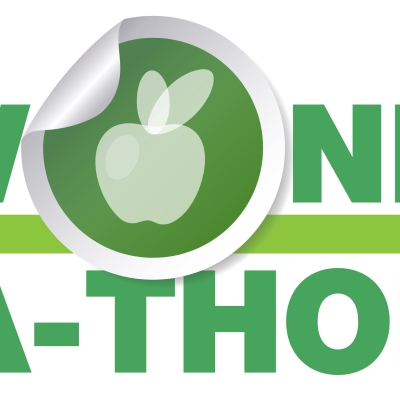- On the day when America’s schooling woes have finally ceased—when all of its children are guaranteed equal access to qualified teachers, enriching curricula, secure facilities, and reliable pathways to higher education and the workforce—Bill de Blasio and Eva Moskowitz will have to find something new to fight about. Maybe their respective choices for the finest Ninja Turtle, or whether Led Zeppelin II rocks harder than Houses of the Holy. Until that distant time, they can keep up their reassuringly constant tit-for-tat over Success Academy’s place in the New York City education system. This week, de Blasio has found himself disinvited from Eva’s prom afterparty for insisting that the charter network sign a contract (and therefore accept some form of municipal oversight) to receive payment for its participation in the city’s universal pre-K initiative. Seeking over $700,000 in reimbursement monies, and evidently concerned with being micromanaged by its archenemy, Success Academy appealed to the state education commissioner. The commish swiftly ruled against them, surprising few. This beef perfectly illustrates the challenges of extending pre-K funds to charters, which Fordham chronicled extensively in our report last year. Normally, the barriers to participation include low funding levels or district monopolies on resources. In this instance, of course, cooperation has been stymied by the two parties’ desperately suppressed crush on one another.
- Since the passage of No Child Left Behind, if not before, the conversation around accountability has often gravitated toward the disputatious point of school closure. Recent research from Fordham has established that closing poorly performing schools is often the right move for students, but distributing pupils to other institutions can lead to immense disillusionment in the community. The New York Times captures the tension in its coverage of an Afrocentric charter school in Chicago whose miserable test scores are likely to doom it. Its organizing model—a vestige of ‘60s-era Black Power precepts—emphasizes pride in black identity and accomplishments, an element prized by students, parents, and alumni. Indeed, Fordham’s own Audrey Kim has explored the value of a multicultural classroom focus, which can better engage students from diverse backgrounds. Such practices have to potential to improve lives, but only when wed to genuine, measurable academic achievement.
- The Every Student Succeeds Act mandates that the performance of schools must be judged on a multitude of factors, not all of them strictly academic. Now states must decide which aspects, other than test scores, they wish to measure when determining educational success: Absenteeism or school climate? Discipline or student engagement? In California, a handful of districts are attempting to assess progress in non-cognitive skills like joy, zest, and determination. It’s an approach that has gained steam in recent years as experts have pointed to the importance of “social and emotional learning”—the kind of character development that helps kids buckle down, relish challenges, and bounce back from disappointment. Notably, some of the figures most closely tied to the idea, such as Macarthur Fellow Angela Duckworth, have disavowed the idea of subjecting such airy qualities to even the scrutiny of self-reported surveys (especially if stakes are attached). But there are some reasonably practical ways of going about it: Whenever I want to measure my own self-control, for instance, I just tabulate the number of stories like this I can get through without chuckling ruefully.
- There tends to be a lot of hype in the education world. Anything that could potentially spice up the old formula of teacher + student + blackboard + homework holds immense interest for educators, the entrepreneurs who often fund them, and the education writers who cover the whole mess. Maybe that’s why there’s been so much chatter around Altschool, a network of “microschools” launched by Google veteran Max Ventilla. The group has already garnered attention from the New York Times, NPR, and Education Week (even the Gadfly threw in its two cents last month). But this week’s New Yorker delivers the most comprehensive look yet at a totally novel school model that’s expanding rapidly around the country. Administered totally by teachers and serving very few students, six Altschool locations have already sprung up in San Francisco and New York City, with the hope of reaching double digits by next year. The story is rich with disruptive bro shibboleths (“We encourage staff members to express their pain points, step up with their ideas, take a risk, fail forward, and fail fast, because we know we are going to iterate quickly. Other schools tend to move in geologic time.”), and it’s easy to detect a whiff of skepticism throughout. But underneath the Silicon Valley argle bargle, there’s a story here about technology, innovation, and choice that edu-observers all need to read. Washington Monthly’s Alexander Russo also has a great take on the piece.
Topics:
